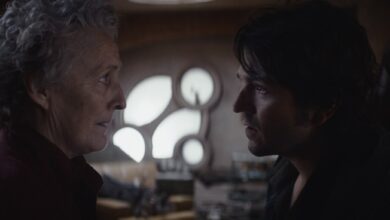Loki Season 2 Preview: Compelling Plot and Well Inserted Into the Continuity of the MCU
Cast: Tom Hiddleston, Gugu Mbatha-Raw, Owen Wilson, Eugene Cordero
Director: Justin Benson, Aaron Moorhead
Streaming Platform: Disney+ (from 6th October 2023)
Filmyhype.com Ratings: 4/5 (four stars)
It’s time to talk about Loki Season 2. I saw the first 4 episodes in preview (there are 6 in total) and there are many things to say, although I can’t reveal much so as not to give you spoilers. But I’ll get straight to the point: Is this still one of the best Marvel TV series? Yes, as demonstrated by the trust that Marvel Studios has given to the only live-action series renewed for another season. Does it bring order to the now very complicated Multiverse Saga, providing some answers on what is happening in the main continuity given the incursion of the fearsome Variants of Kang the Conqueror? No, at least not yet: even though it has passed the halfway point, four episodes are still not enough to express a definitive judgment. But in the meantime, I’ll tell you what you can expect from the new adventure starring Tom Hiddleston in a walk-through time.
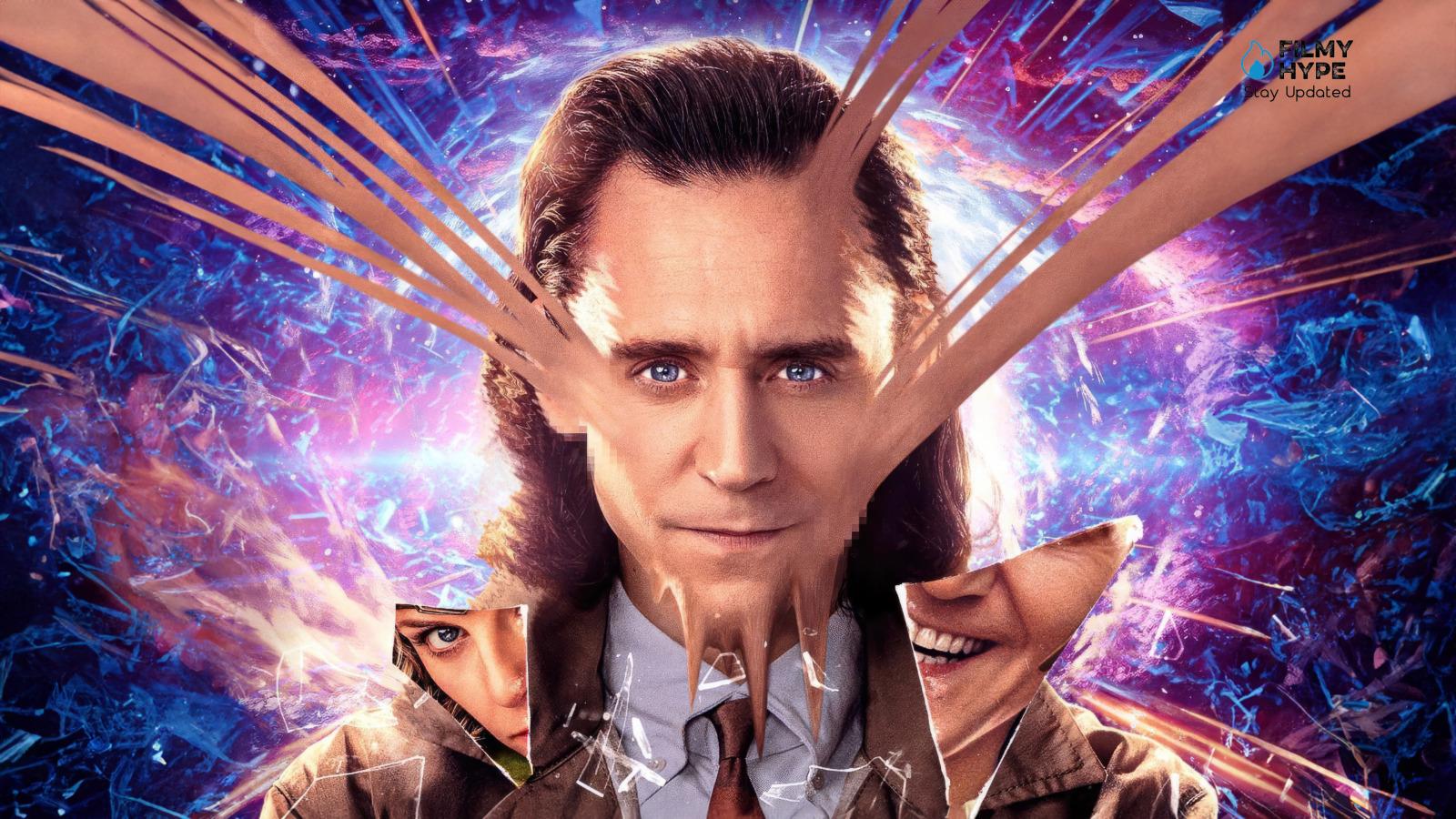
When Loki first appeared in the Marvel Cinematic Universe, the god of mischief was a villain seeking revenge against those who, he claimed, had robbed him of his magnificence. Years, films, and particularly touching moments have passed that have given the Norse god played by Tom Hiddleston the chance to evolve far beyond the easy veneer of a villain. A growth that culminated in Loki, a series from the Marvel Cinematic Universe, which is preparing to conquer fans of the franchise with its second season, of which we saw the first four episodes in preview. Loki is a popular but unfortunate series, arriving within Phase Four which is remembered as the most fragile moment of the franchise, totally founded on the concept of the multiverse. The first season of Loki, in this sense, was the first authentic moment in which the multiverse of the Marvel Cinematic Universe was perceived by spectators.
Loki Season 2 Preview: The Story Plot
The Timeline is close to collapse after the events of Loki Season 1 (go back in time to our review of Loki Season 1). The God of mischief and his Variant, Sylvie, have arrived at the end of time in the presence of He Who Remains, who has provided the two protagonists with an ominous warning: killing him would break the delicate balance in the Sacred Line, releasing an infinity of its alternative versions that would return to war, destroying the peace between the universes. As we know, Sylvie plunged her blade into the chest of the founder of the TVA: an event that has, in effect, reopened the Multiverse, wreaking havoc on a TVA that is now in disarray. And here we find ourselves, at the beginning of Loki Season 2, with our antihero who finds himself thrown into different timelines, desperately looking for a way to put things right. Loki must once again gain the trust of Mobius and the TVA leaders, and to do so he must investigate further into the depths of the Time Variance Authority.
New supporting characters enter the scene, with crucial knowledge to prevent the Nexus events that are destroying time: from OB, the character of Ke Huy Quan, to VictorTimely by Jonathan Majors, who already appeared in the post-credits finale of Ant-Man Quantumania. The Kang Variant itself turns out to be the most fascinating character, thanks above all to Majors’ extraordinary acting skills: Victor is a victim of events, and it will be interesting to understand how this second season of Loki could trigger his transformation into a villain once he becomes aware of his true nature. And this element brings us to the heart of the discussion.
Loki Season 2 Preview and Analysis
A courageous undertaking, worthy of the grandiose purposes that the God of Mischief has raved about since his first appearance. The multiverse was not born with Loki it had already been introduced in the MCU, just think of the dialogue between Banner and the Ancient One in Endgame, but what was missing was the concretization of this concept, turning it from hypothesis to cornerstone of the new narrative course of the saga. We therefore needed a ‘something’ that was its full embodiment, especially on an emotional level. On the other hand, when talking about the multiverse it is difficult to go beyond philosophical aspects, which in Loki are perfectly embodied by the Asgardian played by Tom Hiddleston. The choice to offer us a ‘variant’ Loki, different from the one known in recent years, is a perfect key to understanding everything that the multiverse of the Marvel Cinematic Universe should be but has not yet been.
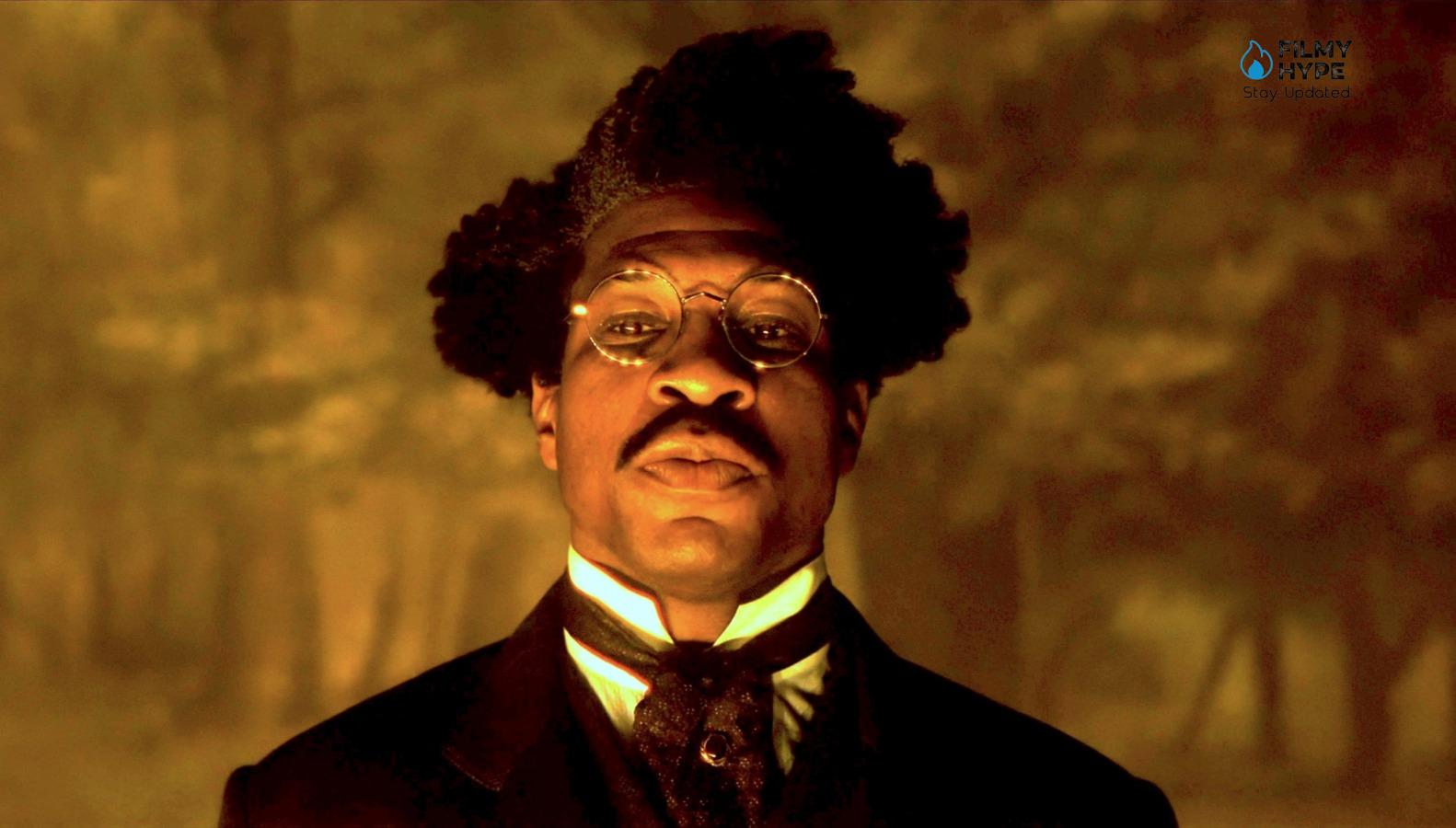
Loki is proof of this, a portrait of a complex character incapable of finding his nature, always torn by conflicting emotions. This is Loki, a villain who slowly seeks redemption, but who now, in the Disney+ series, is radically changed thanks to a question: which version of yourself do you want to be? The fundamental question of the first season of Loki, thanks to the choice to put this variant of the Asgardian in front of what should have been his future, showing him pain and failures which become a sort of moral catharsis that leads him to finally choose who he wants to be. If philosophically this growth of his is exciting, it must be recognized that his legitimacy rests precisely on the concept of the multiverse understood as infinite possibilities, an opportunity for great freedom but also chaos. And it is precisely on freedom and chaos that Loki is based, an ideological contrast that is slowly enriched and enhanced, through a first-rate cast that sees impeccable interpreters in Tom Hiddleston, Sofia di Martino and Owen Wilson.
Their characterization of the characters never disappoints, it is always a perfect mirror of their emotions and their frustrations, helping to consolidate the change that is taking place in the MCU. Michael Waldron, creator of Loki and name linked to the chapters deeper into the Marvel multiverse, demonstrated that he had a precise vision of how necessary it was to give a shape and, above all, an origin to the multiverse of the franchise. The first season of Loki was founded on this principle, with the mantra of the Sacred Timeline to be protected at all costs. The TVA (Time Variance Authority) was the force charged with protecting the timeline, preventing variants like Loki from upsetting the established order. An intent that failed when the Norse god and his variant Silvye killed the One Who Remains, the being who controlled time and the TVA, giving life to a branch of the timeline, in which infinite universes coexist in a previously prevented way.
With good reason, Loki was presented as the true starting point of the Marvel multiverse, until then feared but never shown. Even subsequent chapters of the franchise, such as Doctor Strange in the Multiverse of Madness or Ant-Man and the Wasp: Quantumania, failed to capture the essence of the multiverse, which is instead central to the series starring Loki. It is not surprising, therefore, that the second series of Loki represents the return of the multiverse as a basic narrative element, subservient to the needs of the story but never trivialized. And once again, Loki becomes the (re)starting point of a franchise that is increasingly in crisis. If Phase Four the series dedicated to the god of mischief was seen as the true beginning of the cosmic dimension of the Marvel saga on the big screen, it seems that Phase Five, which started in an anything but encouraging way, also relies on the talent of Hiddleston and the perfect dynamics of a series that combines science fiction, irony, and great emotional portraits.
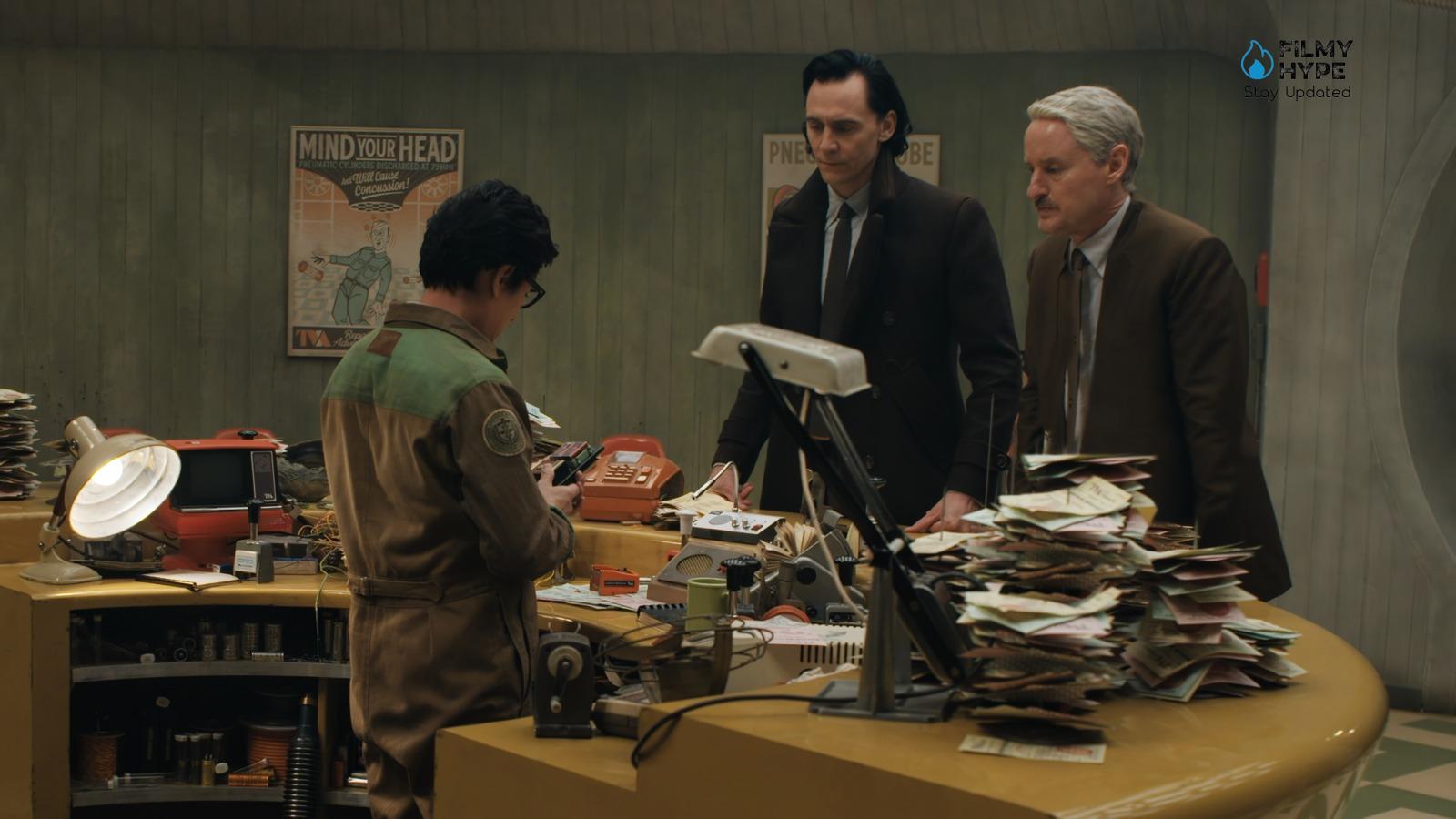
After bringing the multiverse to the forefront with the first season, the disruptive events related to the death of the One Who Remains (Jonathan Mayors) become a new turning point for Loki‘s evolution. Having gained free will allowed Loki, Sylvie, Mobius, and all their companions to finally live their lives. But not everyone is satisfied with this possibility, so much so that factions are forming within TVA itself, divided on how to operate in this new scenario. Unlike other series in the franchise, not least the disappointing Secret Invasion, Loki convinces thanks to its ability to find a synergy between the valorization of themes based on the individuality of the characters (primarily, being who one wants to be) and the closest possible adherence to the Marvel canon on the big screen. A nature that allows us to appreciate the profound difference between Silvye and Mobius, interpreters of the desire to experience one’s individuality and the fear of suddenly being free to do so, leaving Loki the possibility of facing the consequences of his actions, but above all allowing him to understand who he is: hero or villain?
Loki seems to be once again the true watershed between the past and future of the Marvel Cinematic Universe, this is where everything changes. The other series of the Marvel Cinematic Universe seen so far are mainly based on the present, on the evolution of two characters told through a narrative that can also be enjoyed as a standalone, inserted into the continuity of the saga but without upsetting it. Loki revolutionized everything, playing on the concept of linear time and the univocity of existence with the same confidence with which we have seen Busiek, Simonson, and Lein dabble in comics. The preview of the second season of Loki seduced us with the same winning formula of the previous narrative arc, enriched by new characters and a constant movement of the plot.
Every element of Loki seems to converge towards the creation of an engaging series with veiled dramatic tones, broken by the biting irony of the Hiddleston-Wilson duo, with a clear intention to finally give meaning to the much-celebrated Marvel multiverse. At the end of this second season of the solo adventures of the god of mischief we will perhaps be able to have a clearer idea of what the real function of the multiverse is, but in the company of Loki and his adventure companions we have, at least, had way to discover how much humanity is hidden behind the high-sounding proclamations of a god.
Loki Season 2 is a plot that struggles a bit to get going, especially in the first two episodes. There is above all the need to resume the threads of the story and to trigger the main events, which starting from the third episode bring decidedly more interesting scenarios into play. I think what matters most in this new season is the absence of a real antagonist: not that the threats are not present, but they are more abstract and as much as they try to convey a looming sense of “apocalypse” I had the feeling that the story only really took off at the end of episode 4. It is no coincidence, moreover, that the adventure becomes interesting again with the entry of Victor Timely onto the scene. It must also be admitted that, compared to Loki Season 1, I found the role of the protagonists less incisive: Loki and Sylvie, although the performances of Tom Hiddleston and Sophia De Martino remain masterful, are a little overshadowed by the supporting characters. Certainly, from the figure of Majors, but also from Gugu Mbatha-Raw’s Ravonna, who turns out to be perhaps the most difficult character to manage.
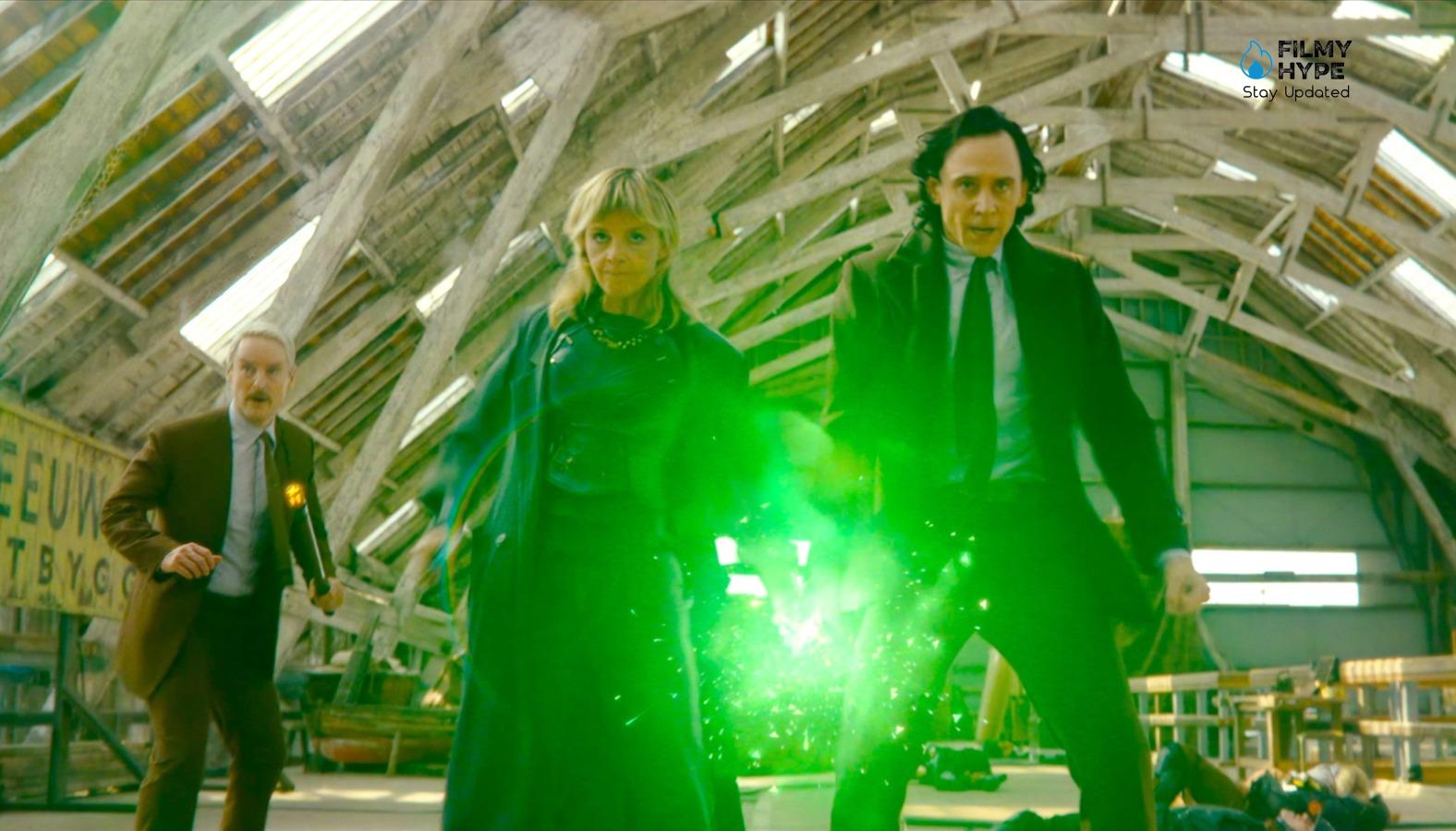
There is also another problem on a narrative level: the connection with the main continuity. Once again I feel that Loki – in the wake of Doctor Strange 2 and Spider-Man: No Way Home – is a product in its own right when it comes to the conception of the Multiverse, with its own rules and its microcosm, rather than a piece of a larger mosaic. We’re talking about the Multiverse Wars, sure, but does what’s happening to the Sacred Timeline have a concrete effect on the rest of the MCU? Will we see the consequences of the Nexus Events impact other universes too? Unfortunately, the answers to these questions have not yet arrived, but I trust that in the last two, Loki can give us some twists of great impact as he did at the end of the first season.
A positive impact that also concerns the visual frame, there is no doubt about this. Loki Season 2 confirms its very high scenic value compared to previous Marvel series, although the retrofuturistic direction of the show manages to “mask” certain production limitations better. However, we are faced with a small television “blockbuster” by Marvel Studios standards, at the levels of WandaVision and Loki Season 1. It must be considered that this time, there is less action than in the past, but the work on the special effects and the final rendering of the VFX department show a level of care that is decidedly higher than average. The preview of the second season of Loki seduced us with the same winning formula of the previous narrative arc, enriched by new characters and a constant movement of the plot. Every element of Loki seems to converge towards the creation of an engaging series with veiled dramatic tones, broken by the biting irony of the Hiddleston-Wilson duo, with a clear intention to finally give meaning to the much-celebrated Marvel multiverse.
Loki Season 2 Preview: The Last Words
Ultimately, I believe that Loki fans can rest assured: those who loved the first season will also be enchanted by the second, despite the pace of the plot being more staid. Several doubts remain, first of all on the possible consequences that the new Marvel series could (indeed, should!) have on the rest of the MCU and above all on the management of the protagonists, who on more than a few occasions are overshadowed by the excellent supporting characters. Probably, however, the credit goes to performers of the caliber of Jonathan Majors, who is having a blast with Kang’s Variants, and it shows. I’ll close the discussion on a positive note: the artistic direction, and in general the rendering of the visual effects, is still top-notch, especially compared to the standards – so far very fluctuating – of the series produced by Marvel Studios.





